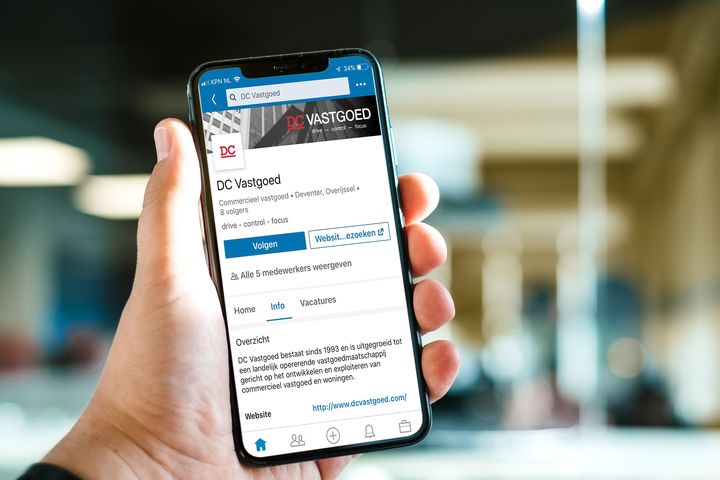

Fellowship Myth #2: There is a specific time of year to apply for fellowshipsĪ whopping 30% of the fellowships I found had rolling applications so that they could match applicants with opportunities whenever host organizations identified a need. And while there were many programs with summer experiences for students, there were also plenty of opportunities that ran throughout the academic year as well.īottom line: Opportunities are available year-round, and there are a lot of options for both students AND working professionals. These experiences either took place outside of traditional business hours or offered full-time work for a certain period of time. I reviewed dozens of fellowships as part of my research for this article and as someone whose graduate school days are definitively behind them I was pleasantly surprised to find that almost 50% of the programs I found were specifically for working professionals. Read on to learn more about fellowships and what they can do for you and your sustainability career! Fellowship Myth #1: Fellowships are just summer experiences for students Image by Gerd Altmann from Pixabay Fellowships with the federal government.I’ve organized the programs into these categories:

I think a lack of awareness of what’s out there combined with several big misconceptions about what fellowships involve is keeping many would-be applicants from signing up for these potentially life-changing experiences.īelow I’ve shared (and dispelled) three myths about fellowships that may be keeping you from applying to something great, and provided details on 18 programs in the hopes that you’ll find something new and exciting that can help you take the next step in your career. Yet even with everything these programs have to offer, participating in a fellowship isn’t at the top of the priority list for many job seekers when I first meet them. This is where fellowship programs come in they help to bridge that gap and make sustainability careers more accessible by providing training, networking, and support for experiences that can help fellows launch their careers. This is especially true for sustainability work as entry-level roles are rare and teams are often so small that they can’t afford to hire someone who needs extensive training. The only trick is, getting hired and gaining experience can be pretty hard to do if you don’t have, well… experience. While there are lots of ways that you can make yourself more attractive to potential employers, few are as powerful as good old-fashioned experience. Note: This article was also featured on GreenBiz – click here to read the article on


 0 kommentar(er)
0 kommentar(er)
